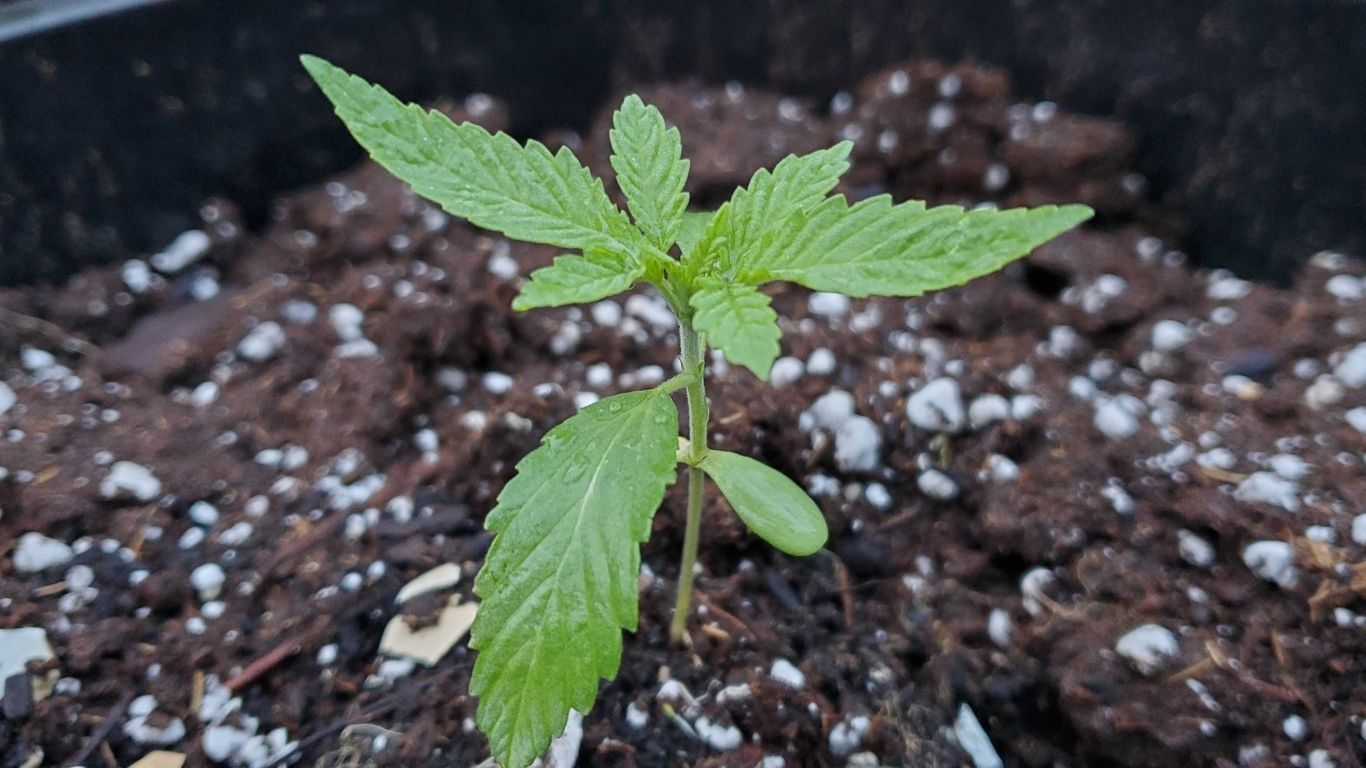
Researchers in Canada say they have found a potential link between cannabis use by pregnant women and higher rates of autism and ADHD.
A new study posted today in Nature says that incidences of autism spectrum disorder diagnosis was 4.00 per 1,000 person-years among children with exposure to cannabis en vitro compared to 2.42 among unexposed children.
Researchers emphasize people use a “cautious interpretation of these findings” given the potential for errors or gaps in data.
The report says researchers analyzed info on all live births in Ontario, Canada, between April 1, 2007 and March 31 , 2012, using the provincial birth registry containing information on cannabis use during pregnancy.
Although past research on this possible connection between brain development and cannabis use by pregnant women is limited, some have shown a correlation between a decrease in concentration and attention among children in this category. This most recent study sought to further test that correlation.
The language in the report is very cautious in drawing any concrete conclusions, and notes more research is needed.
“Associations between prenatal cannabis exposure and potential neurodevelopmental outcomes in children may be complex and subject to confounding or mediation. Factors including individual genetic profile, prematurity, fetal and postnatal environment, dose and type of substance of exposure and environmental factors may be involved16, thus limiting our ability to ascertain causality between in utero cannabis exposure and later childhood outcomes.”
It also notes that many women who do use cannabis during pregnancy may not report their use to their doctor, creating challenges in properly identifying the impacts of all cannabis use.
“Among pregnant women in Ontario, cannabis use was associated with an increased risk of neurodevelopmental disorders by age 10. Further study is needed on the amount and timing of cannabis use in pregnancy and childhood health outcomes and following the legalization of cannabis in many jurisdictions. Moreover, novel analytical approaches to addressing potential residual confounding bias in this area are required.”











